– THE BRIDGEWATER HALL, MANCHESTER –
Judging by the merchandise for sale at the desk in the concourse outside The Bridgewater Hall’s auditorium tonight, Henry Rollins continues to live by the ‘Search and Destroy’ philosophy that adorns the T-shirts and hoodies. No doubt inspired in part by the song by The Stooges, for Rollins the phrase, which has long been tattooed on his back, represents what he once described as “pulling yourself towards death by living life so fully”. When performing as front man for Rollins Band or Black Flag, Rollins always pushed himself to the limit both mentally and physically. Clean-living even during his youthful, hardcore punk days, he is his own strict disciplinarian.
Rollins is best known nowadays for his TV appearances, radio, books, film work, support for causes like LGBT rights, enthusiastic opinions on his new favourite bands like Savages, and his spoken-word tours. Tonight he’s in town to talk to us as part of his Charmingly Obstinate European Tour 2016. I remember reading in his book Smile, You’re Travelling about the Manchester leg of his 1998 talking tour. He was fairly scathing about the soulless, damp and dingy venue, which he doesn’t name, but enjoyed the “sharp” crowd: “the kind of audience I hope for”. Hopefully tonight will be to his liking on both counts. A happy performer usually makes for a good show.
Walking out from stage-right dressed casually from top to bottom in black, Rollins is wearing the kind of practical shoes that I associate with him. A childhood memory pops into my head of an action song that mentions policeman’s shoes. Behind him is an enormous black curtain, and he is lit by two white lights above the stage. The set begins full of music-related anecdotes from his Black Flag days and of meeting some of his heroes. Recalling a Manchester show when Black Flag were bemused to find themselves headlining with English punk band Chelsea in support, the feeling of injustice amongst the Chelsea band members and fans in terms of the running order of bands resulted in Black Flag spending the aftermath of the gig at the freezing-cold home of two fans, trying to wash off the “mucus of strangers” after being covered in spit by disapproving Chelsea fans.
More touching are the in-depth stories of the occasions when Rollins met, separately, two of his biggest musical heroes, David Bowie and Lemmy, who both died recently. Rollins loves Blackstar, the LP released last week by Bowie on his 69th birthday, two days before his death, and he already thinks of it as his favourite Bowie record since Scary Monsters. Rollins recalls hanging out with Lemmy in Lemmy’s apartment, which by all accounts was a chaotic sea of books, records and videos, including his bed, in which Lemmy would have to curl up into a foetal position in order to find space between all the books. Lemmy handed Rollins a record to try, with the warning that “it might be a bit loud for you, though”. Lemmy asked Rollins what his own apartment was like, to which Rollins replied that he kept it meticulously clean and tidy. Lemmy chuckled that he knew it would be so. Lemmy’s apartment by contrast was so untidy that during Rollins’ visit Lemmy found under his other belongings a still-unpacked suitcase that he thought he had lost five years previously. What they found inside was a time capsule from half-forgotten travels.
Citing musical favourites through his difficult early years as Dionne Warwick, Gladys Knight and The Beatles, music was the one thing that got Rollins through. Close friends with Ian MacKaye of Minor Threat and Fugazi since the age of eleven, Rollins was soon hooked on the sounds of Led Zeppelin, and he and MacKaye then discovered punk rock, with Rollins also having great enthusiasm for Joy Division and Motorhead. Rollins had a “visceral connection with music” whilst dancing with H.R. of Bad Brains at Dischord House in Washington, D.C., and meeting Leonard Cohen years later was also a lifetime highlight. Cohen told Rollins: “Henry, you are prolific. I am not.” Rollins jokes that it was only 25 years later that he understood what Cohen meant: that Cohen reduces 300 pages to two pages whereas a Rollins audience has to endure all the mediocre moments as well. Rollins is as self-deprecating as they come.
He also speaks at length on politics (I love his thoughts on reaching out to would-be terrorists by ‘going quadruple’; bands playing four times as many gigs as they did last year, filling the world with positivity and even more music, and we as music fans welcoming them into our “happy band of music-loving lunatics”) and on his non-music-related work and travels. When not either at home, where he lives alone, working away, or on tour, Rollins’ sense of adventure takes him to far-flung corners of the Earth like Uganda and Santiago, Chile, but I can tell that he doesn’t just visit these places for an exotic stamp on his passport or to tick a country off some list. He has a great curiosity for history and the natural world. Often the stories eventually come back to music, and a trip to hang out with penguins in the Antarctic Peninsula involves Rollins lying on his back in the dark outside whilst listening to Raw Power by The Stooges in its entirety.
By the end of the evening, in his strong voice Rollins has spoken coherently and articulately, and with no small amounts of humour, passion and humility, cramming so much into more than two and a half hours, and all of this without an interval or the aid of any notes or a single sip of water. Hardcore. And inspiring.
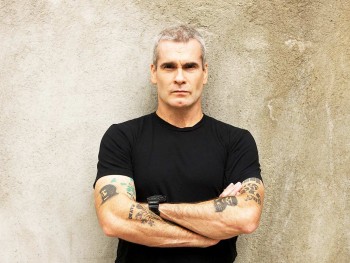
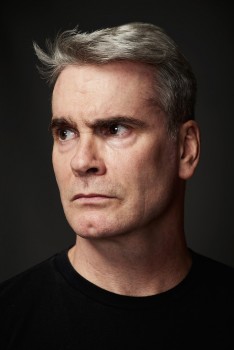
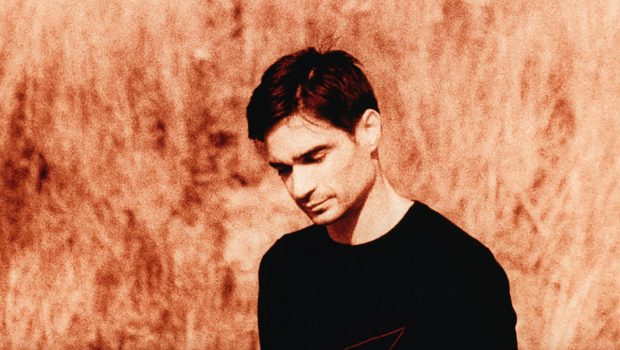
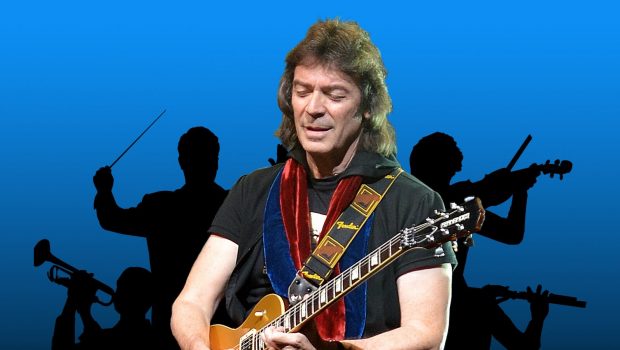
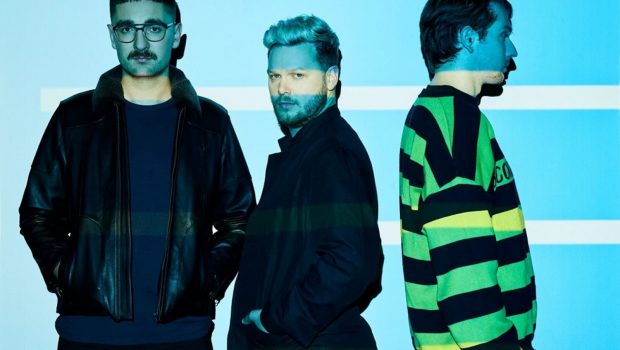
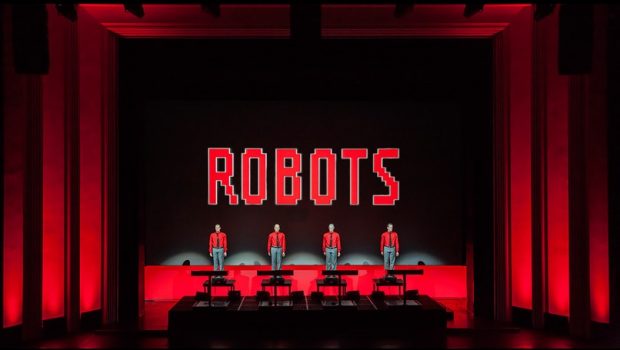


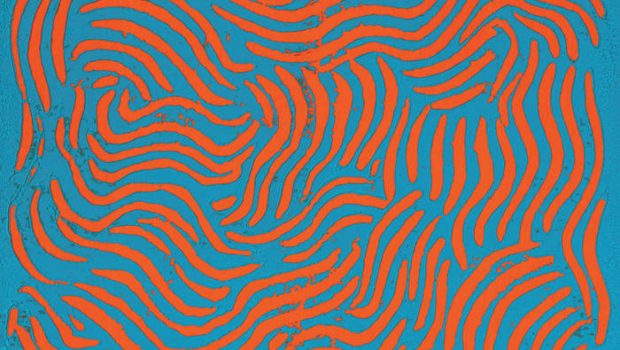
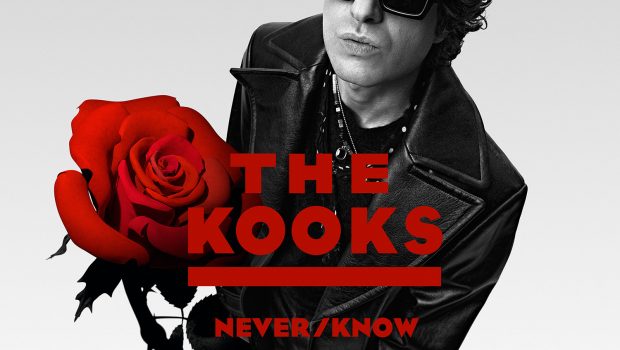
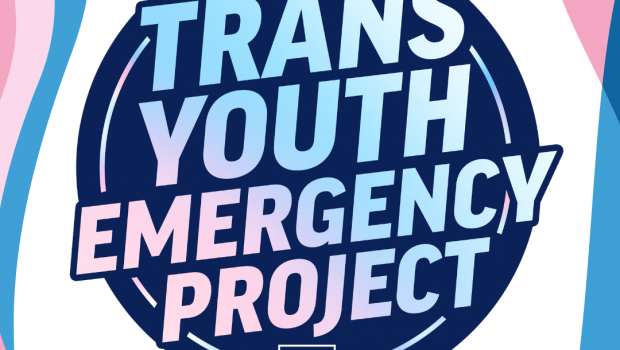
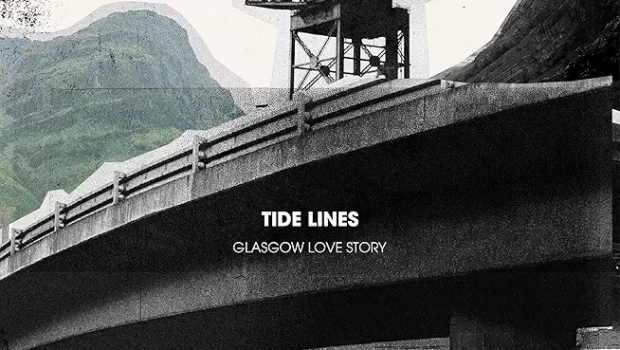
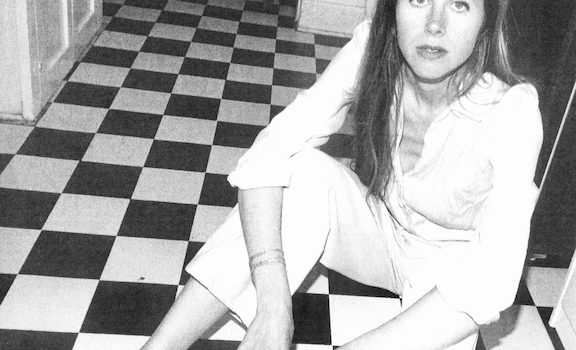

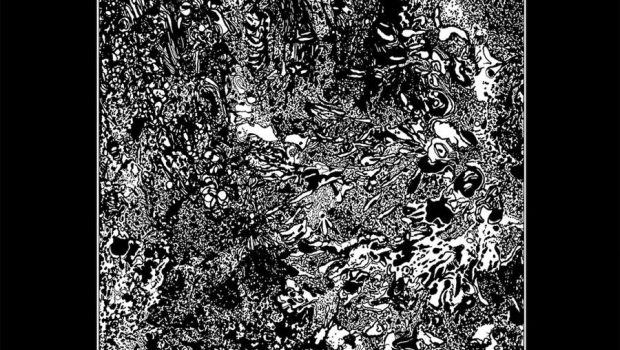
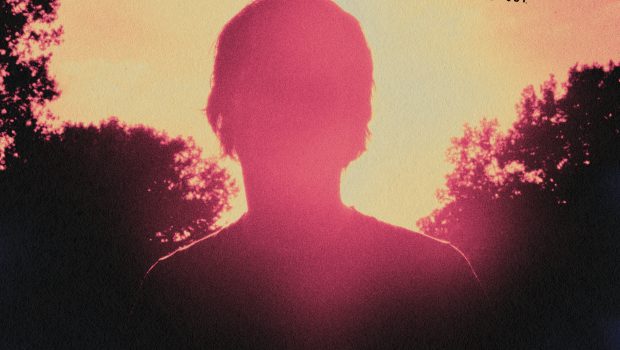
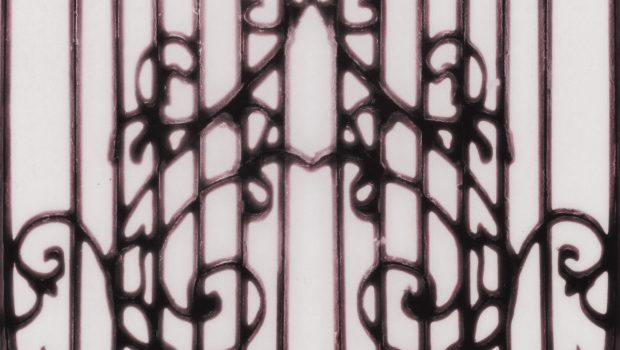

Very good interview, including discussion of the formation of Black Flag, and David Bowie:
http://www.bbc.co.uk/iplayer/episode/b06yn1h9/hardtalk-henry-rollins